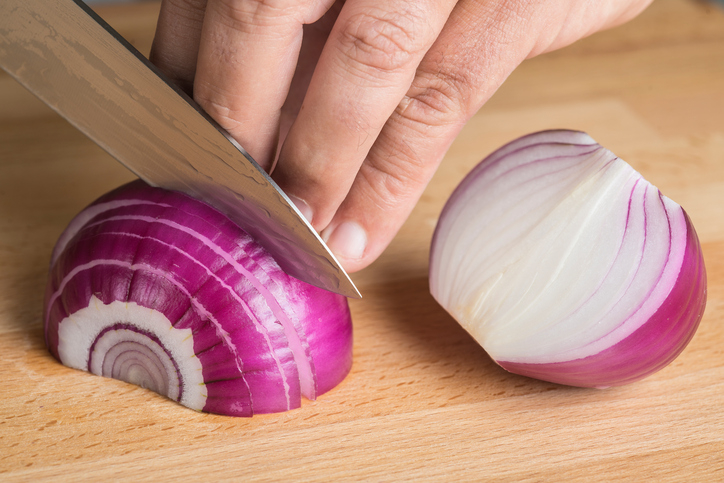© iStock / Getty Images Plus / Bartosz Luczak
Why do we boil lobsters alive, and are they actually screaming?
The practice of boiling lobsters alive has existed for thousands of years. It's done not only to improve the crustacean's taste and appearance but perhaps (most importantly) to prevent us from getting sick. Lobsters are full of bacteria that can cause severe food poisoning, and as soon as they're killed, that bacteria rapidly multiplies, releasing toxins that are almost impossible to eliminate no matter how much we cook them. That is, unless they're boiled alive. So the method is used to keep us safe, but what about the poor lobsters?
Are they actually screaming? No, they don't have lungs or any type of vocal cords. The high-pitched noise that's heard when they're being boiled is nothing more than expanding air and steam escaping from their shells. But new research suggests that that doesn't mean they can't feel anything. A report from the London School of Economics just published strong science-backed findings that indicate certain sea creatures, including lobsters, crabs, squid and octopus, all can actually feel pain. For now, few countries have made it illegal to boil lobsters alive, including Switzerland and New Zealand. But maybe now that will start to change...
 45 Quick & Easy Dinners to Make with...
45 Quick & Easy Dinners to Make with...
 50 Smart Kitchen Habits for Faster...
50 Smart Kitchen Habits for Faster...
 Hop into Flavor: 99 Effortless Easter...
Hop into Flavor: 99 Effortless Easter...

















